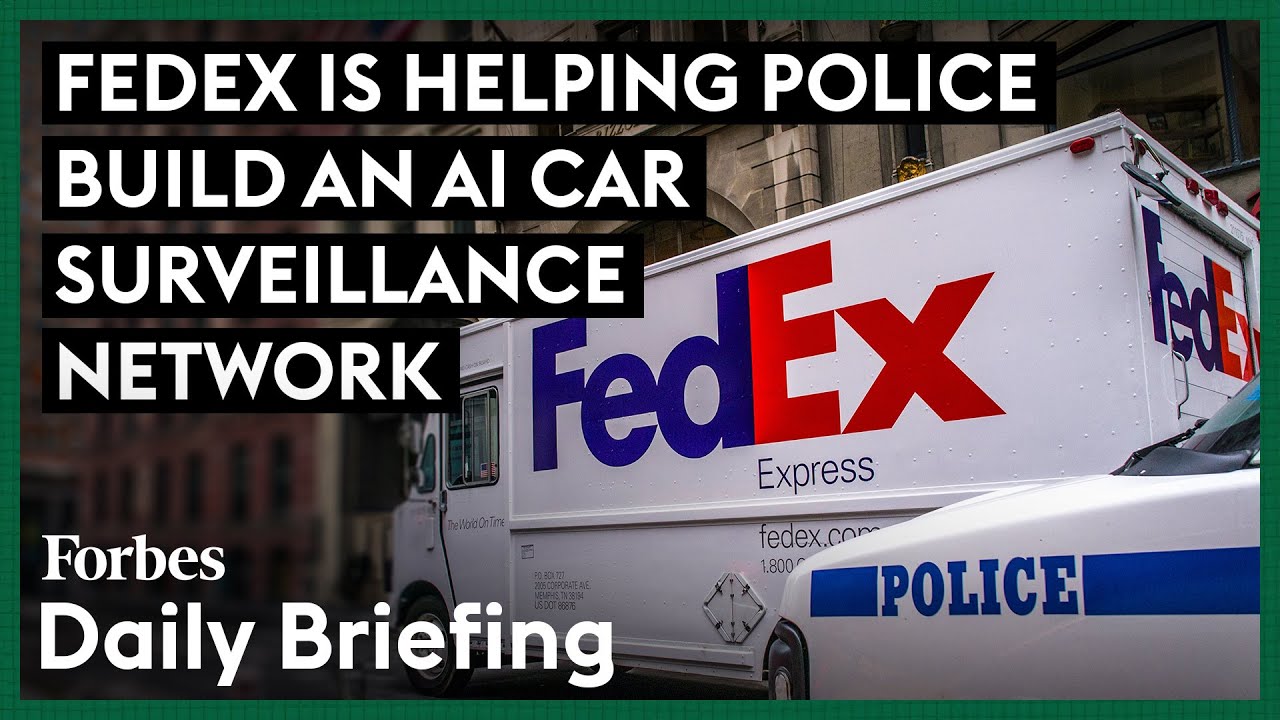In a recent Forbes video, it was revealed that FedEx’s private police force is collaborating with local law enforcement to establish an AI car surveillance network using tools from Flock Safety, a car surveillance startup. This partnership involves sharing surveillance feeds to monitor FedEx’s distribution and cargo facilities, raising concerns among civil rights activists about the lack of transparency and privacy implications in expanding mass surveillance networks.
In a recent Forbes video, it was revealed that FedEx’s private police force is collaborating with local law enforcement to establish an AI car surveillance network. This collaboration involves the use of AI tools provided by Flock Safety, a car surveillance startup valued at $4 billion, to monitor FedEx’s distribution and cargo facilities across the United States. FedEx is sharing its surveillance feeds with law enforcement, as part of an arrangement with Flock, which also involves other multi-billion dollar private companies. The partnership between FedEx and Flock has raised concerns among civil rights activists, who worry about the expansion of mass surveillance networks without transparency.
The AI car surveillance network created by Flock already spans across 4,000 cities in over 40 states, with approximately 40,000 cameras tracking vehicles by license plate, make, model, color, and other identifying characteristics. Lisa Simeia, a staff attorney at the Electronic Frontier Foundation, highlighted the lack of transparency in such partnerships between private entities like FedEx and law enforcement, which could lead to public unawareness of mass surveillance activities. The American Civil Liberties Union’s policy analyst, J. Stan Ley, expressed discomfort over FedEx exchanging data with law enforcement as part of Flock’s surveillance system, questioning the privileged access to data normally reserved for law enforcement.
FedEx declined to provide details about its partnership with Flock, citing the importance of team member safety and security procedures. It remains unclear how extensively law enforcement is sharing Flock’s data with FedEx, but publicly available information indicates that some police departments have granted access to their Flock cameras to FedEx’s air carrier Police Department. Some police departments, like the Shelby County Sheriff’s Office in Tennessee and the Pittsboro Police Department in Indiana, confirmed collaborations with FedEx in sharing surveillance data.
Furthermore, FedEx has been sharing its Flock camera feeds with other police departments, including the Greenwood Police Department in Indiana. Flock, founded in 2017, has received over $482 million in venture capital investment to expand its network of surveillance cameras across America through contracts with public police departments and undisclosed agreements with private businesses. Forbes uncovered at least four corporate giants, including Simon Property and Lowe’s, using Flock’s services, with some providing surveillance feeds to local law enforcement. The secretive nature of these partnerships raises concerns about privacy and transparency in the expanding AI car surveillance network.
